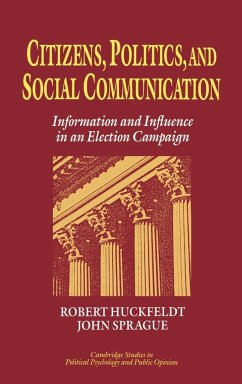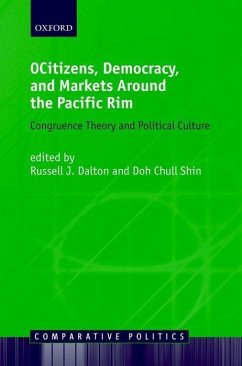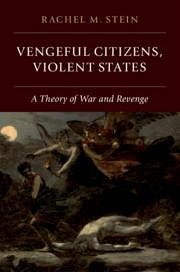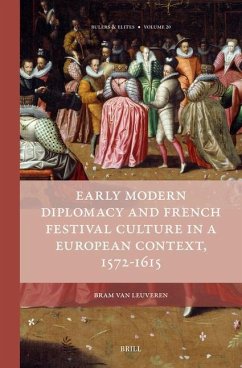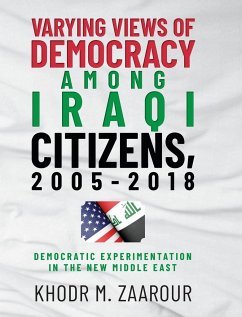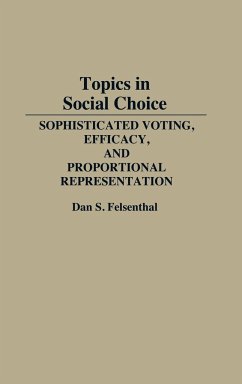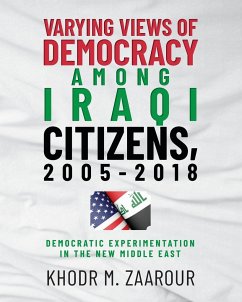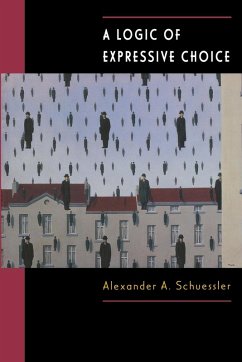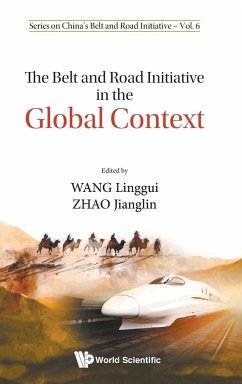
Citizens, Context, and Choice
How Context Shapes Citizens' Electoral Choices
Herausgeber: Dalton, Russell J.; Anderson, Christopher J.
Versandkostenfrei!
Versandfertig in 1-2 Wochen
146,99 €
inkl. MwSt.

PAYBACK Punkte
73 °P sammeln!
How do institutions and electoral systems matter for citizens' electoral choices? This is the first systematic study that attempts to answer this question for contemporary democracies. The book assembles leading electoral researchers to examine citizen choice in over 30 democracies surveyed by the Comparative Study of Electoral Systems.



